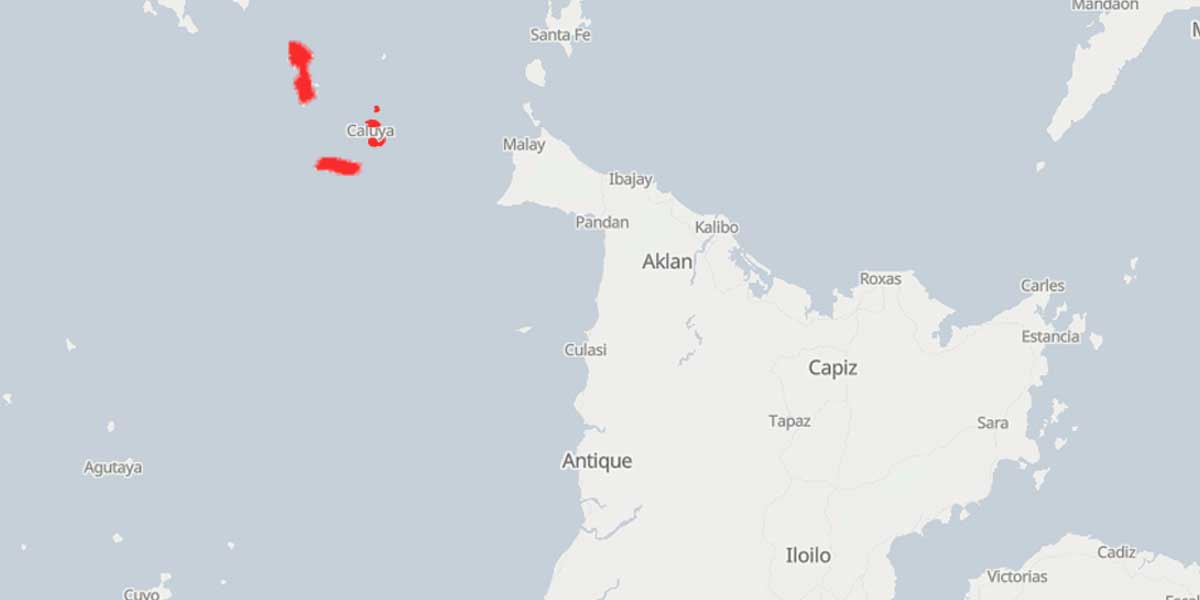
By Rjay Zuriaga Castor
The Regional Tripartite Wages and Productivity Board in Western Visayas (RTWPB-6) has approved a wage increase ranging from P33 to P40 for employees in private establishments in the region.
For non-agricultural establishments with more than 10 employees, the daily wage will rise by P33, bringing the minimum salary to P513, up from the previous P480.
Companies with fewer than 10 workers will see a P35 increase, raising the minimum wage from P450 to P485.
Workers in the agricultural sector will receive a P40 daily wage hike, increasing the minimum wage from P440 to P480.
Household helpers, or “kasambahays,” in the region will also see a P1,000 increase in their monthly wage, raising it to P6,000 from the previous P5,000.
Department of Labor and Employment (DOLE-6) director and concurrent RTWPB-6 chairperson Atty. Sixto Rodriguez confirmed to Daily Guardian that the wage hike across different sectors was unanimously approved by the board on Tuesday, October 22.
In reaching this decision, Rodriguez said both employee and employer groups presented their respective formulae during a series of public hearings.
The employers’ group considered factors such as the average wage rate, inflation, and gross domestic product, among others.
The employees’ group argued that the increase should help reduce the wage gap between the National Capital Region and other regions.
“Initially, the offer from the employers’ group was P25. The employees argued that it should be an additional P50 to lessen the gap,” Rodriguez said, noting that a “deadlock” occurred over a proposed increase between P30 and P35.
Rodriguez mediated and suggested a P33 increase, which matches the rate in Central Visayas, and both parties agreed.
The approved wage hike will be submitted to the National Wages and Productivity Commission for approval and publication, with the new wage order expected to be implemented after November 16.
Rodriguez clarified that Negros Occidental and Bacolod City will follow the same wage rates as Western Visayas despite the creation of the Negros Island Region (NIR).
“While there is an existing law creating NIR, there is still no organic mandate to govern, as no RTWPB for NIR has been established,” he explained.






















